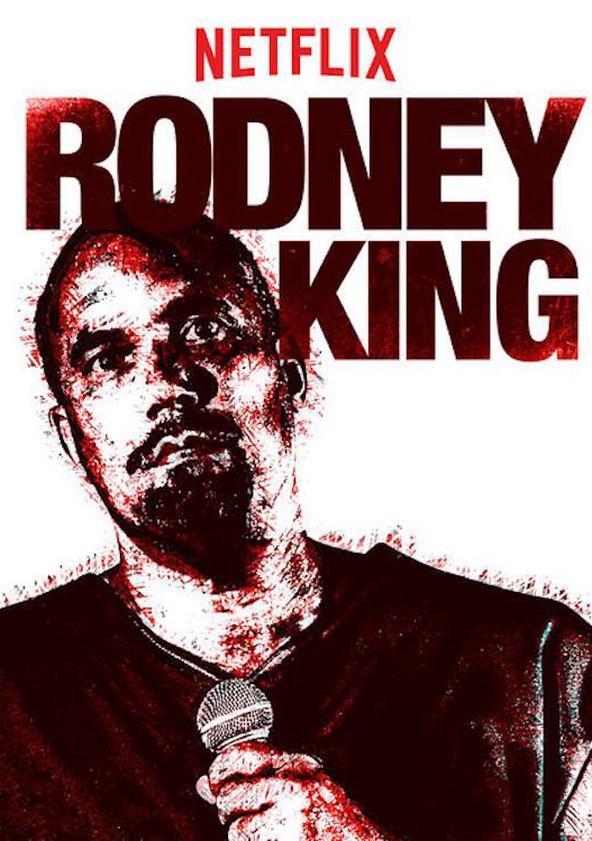Rodney King (2017)
This is a one-man stage show about the life and times of Rodney King by the actor and writer Roger Guenveur Smith. Smith delivers a stark, spare, breathless blast of prose-poetry which seems to inhabit both King himself and the persona of some aghast, sympathetic chorus.
Plot
Smith takes us through King's adult life, including his two-year prison stint (in a cell block with Ike Turner, strangely) and his post-beating experience as a celebrity who never wanted to be famous, at least not for that. Most of the time Smith is the omniscient narrator, but occasionally he'll slip into King's psyche, or into the head of another character, such as a hypothetical black conservative who goes on the Internet to warn against canonizing King. [1]
Racial bias and discrimination
The show is a preacher’s howl of anger and frustration at the personal and political forces which crushed King – racism, alcoholism, depression, crime, poverty, alienation and his own poignant unpreparedness for a media maelstrom – as well as his rejection from some following his well-intended plea for everyone to “get along”.
Smith's explaining the Racism and Police Brutality that Rodney King went through, on those days and their aftermath. With its dazzling wordplay and densely layered profusion of history and biography, Rodney King is an experience as cerebral as it is visceral. Smith’s powerfully crafted performance does nothing less than restore the humanity to a man who has, over a quarter-century, been reduced to a talking point and a symbol. [2]
Smith offers a sharp insight when he says that Rodney King was history’s first reality TV star. His celebrity predated the smartphone and social media age, and he went viral before such a term existed. But the show tacitly underscores a larger truth: people realised it was the “accidental” recording of the incident that was extraordinary, not the beating itself. This sort of legally deniable thing was happening all the time – it just hadn’t been filmed before. And then, King became a more conventional type of reality TV star: a fallible, vulnerable, bewildered soul, burning through the payout he got from the civil suit and taking cash for appearing on shows that only extended his lonely ordeal. [3]
References
- ↑ Seitz, Matt Zoller. Rodney King. Roger Ebert. 29 April 2017. Retrieved January 15 2021
- ↑ Linden, Sheri ‘Rodney King’: TV Review. The Hollywood Reporter. Retrieved January 15 2021.
- ↑ Rodney King review – Spike Lee's Netflix special is a bleakly poetic howl of rage. The Guardian. Retrieved January 15 2021.
